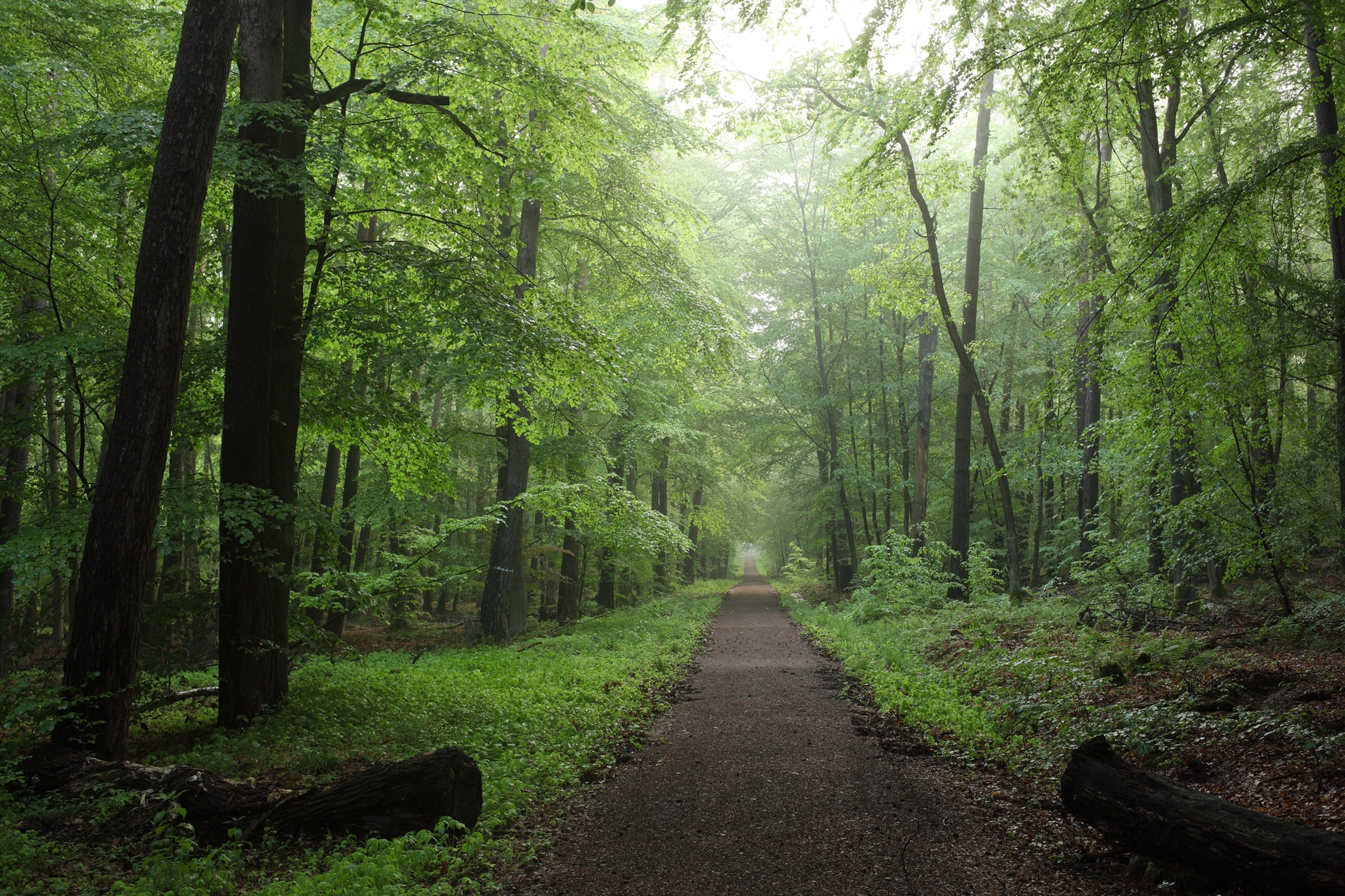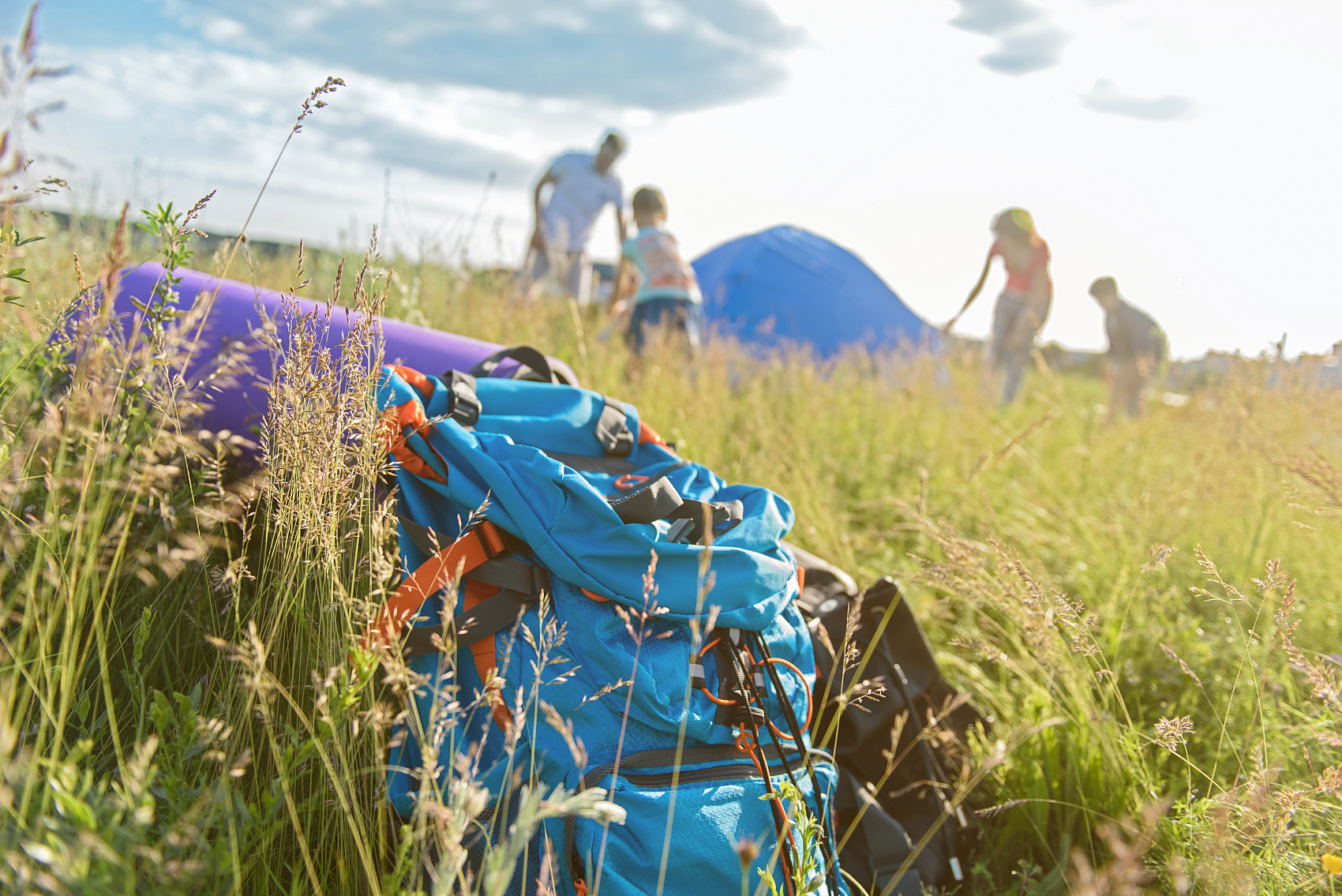Why Nature Walks Can Be a Game-Changer for Mental Health and Recovery
Struggling with mental health or addiction recovery can feel like your brain is constantly fighting itself. The stress is overwhelming, and sometimes just getting through the day feels impossible. But here’s something simple that might actually help: getting outside.
Seriously—just being around trees, grass, or even walking down a tree-lined street can have a big impact on your brain and mood. It sounds too easy, but it works.
Just last week, I saw my neighbor Jake stumble out of his house looking completely drained. Three hours later, he came back from the park with color in his face—and I’m not kidding—he almost looked happy. What changed? A walk in nature.
Nature Can Rewire Your Brain
This isn’t about some magical cure or a hippie fantasy. Research shows that spending time in nature can reduce stress hormones by up to 21%. For someone in recovery, that’s a huge deal. Less stress means fewer cravings, fewer relapses, and a better shot at healing.
Even better, nature is free. You don’t need a gym pass, fancy gear, or a therapist appointment. All you need is some green space and a little time.
The Science Behind It
When you’re in nature, your brain goes into what scientists call “soft fascination.” It gently holds your attention without overwhelming your mind—kind of like giving your brain a break from multitasking.
People who spend time in green spaces show reduced activity in the part of the brain that’s tied to depression and rumination. That means fewer negative thoughts running on repeat—something that’s often a major challenge in addiction and recovery.
The Japanese call this “forest bathing” (shinrin-yoku). It’s not about hiking or sweating it out. It’s simply about being in nature. Studies show it strengthens the immune system, lowers blood pressure, and even boosts disease-fighting cells—important benefits for anyone rebuilding their health.
And here’s the kicker: nature boosts your body’s natural feel-good chemicals—endorphins. That’s the same kind of “high” people often chase with substances. Nature offers a healthier version.
Why It Works for Recovery
Stress is a major trigger in addiction. It clouds your judgment and makes everything harder. But stepping into nature—even for just a few minutes—can calm your nervous system fast. Your heart rate slows down, your breathing deepens, and your muscles start to relax. It’s like your body finally lets out a deep sigh of relief.
Nature also gives your brain a chance to reset. When you’re in recovery, your mind is constantly working—fighting cravings, processing emotions, making decisions. That’s exhausting. But nature offers mental rest, helping you feel more present and less overwhelmed.
The rhythm of walking can even be meditative, helping you stay grounded and interrupting anxious or obsessive thinking.
Make Nature Part of Your Routine
Recovery works best with structure, and nature walks are a great way to add routine to your day. No opening hours, no appointments—just step outside. Morning walks to set the tone, mid-day strolls to clear your mind, evening walks to wind down—it’s all good.
And it doesn’t have to be intense. A 10-minute walk around the block is better than nothing. Some days, that’s all you’ll have in you, and that’s okay.
People in recovery often turn these walks into “moving meditations.” You can set intentions, reflect on gratitude, or just let your thoughts come and go. It’s a simple habit that builds emotional strength over time.
Plus, nature has a way of connecting people. Walking groups, trail meetups, or just a nod to another walker can ease the isolation that so often comes with addiction and mental health struggles.
Start Simple, Start Now
You don’t need mountains or forests to benefit from nature. Live in a city? Head to a park, find tree-lined streets, or explore rooftop gardens. Rural area? Trails, fields, lakes—whatever’s nearby works. Just be consistent.
Try journaling about your nature time—notice what lifts your mood or helps with cravings. Morning sun? Forest shade? Ocean breeze? Figure out what works for you.
And don’t let bad weather stop you. A walk in the rain or snow can be just as healing—just dress for it and adjust your expectations.
If you’re in treatment, ask if nature-based activities can be added to your plan.
One Tool Among Many
Let’s be real—nature walks aren’t a replacement for therapy, medication, or professional treatment. But they are a powerful, free tool that supports everything else you’re doing. They calm your body, clear your mind, and help you build healthier habits.
So next time things feel heavy, take a walk. Your brain—and your recovery—will thank you.







